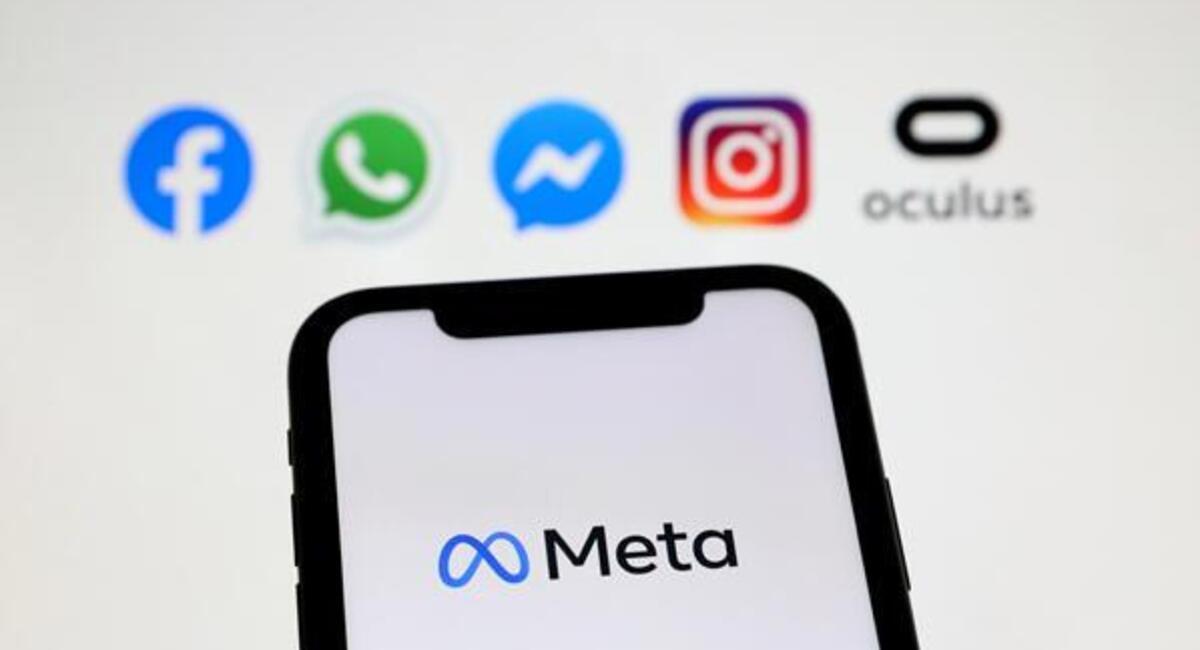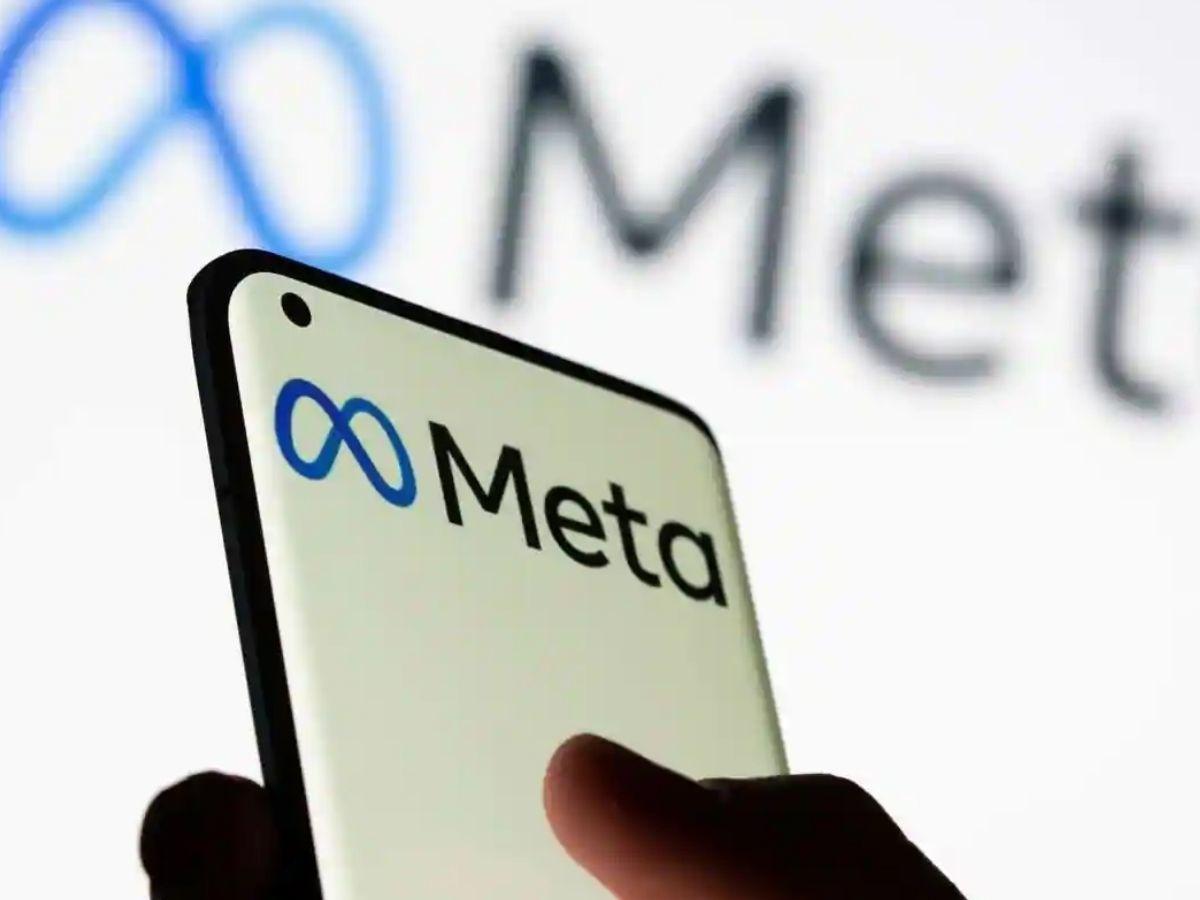The US Federal Trade Commission may continue with its antitrust lawsuit against Meta, formerly known as Facebook, after a federal judge dismissed the suit last year.
The FTC’s first complaint “stumbled out of the starting blocks,” according to the opinion of District of Columbia Judge James Boasberg. The new version, according to Boasberg, makes the same claims with far more robust and detailed facts than the previous one. The comission has claimed that Meta enjoys an unlawful monopoly in personal social networking services and has kept it by acquiring the rivals Instagram and WhatsApp.
FTC targets Meta with a lawsuit
According to today’s opinion, The FTC has substantiated the allegation that Meta has market power by providing data about its market dominance, but Boasberg restrained himself from clearing allegations involving prior Meta interoperability rules.
“In stark contrast with its predecessor, this complaint provides reinforcing, specific allegations that all point toward the same conclusion: Facebook has maintained a dominant market share during the relevant time period. Facebook’s market share comfortably exceeds the levels that courts ordinarily find sufficient to establish monopoly power.”

The FTC’s lawsuit against Meta is one of several government efforts to limit the monopoly power of major technology firms. In December the Federal Trade Commission tried to block Nvidia’s $40 billion acquisition of Arm over anti-competitive concerns.
Meta also made a statement, reported by The Verge, about the lawsuit:
“Today’s decision narrows the scope of the FTC’s case by rejecting claims about our platform policies. It also acknowledges that the agency faces a ‘tall task’ proving its case regarding two acquisitions it cleared years ago. We’re confident the evidence will reveal the fundamental weakness of the claims. Our investments in Instagram and WhatsApp transformed them into what they are today. They have been good for competition, and good for the people and businesses that choose to use our products.”





